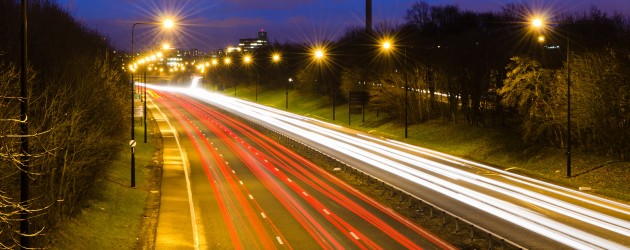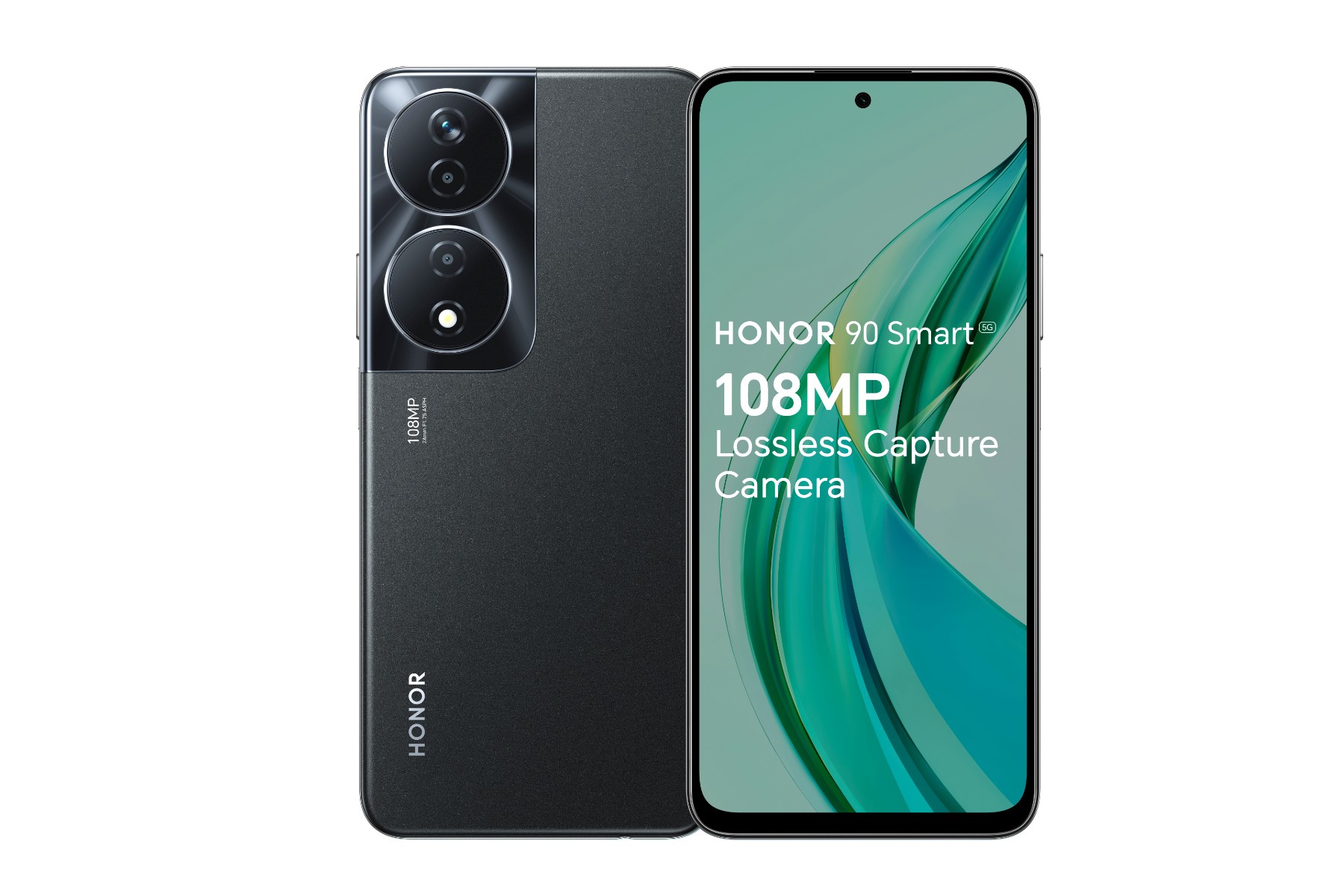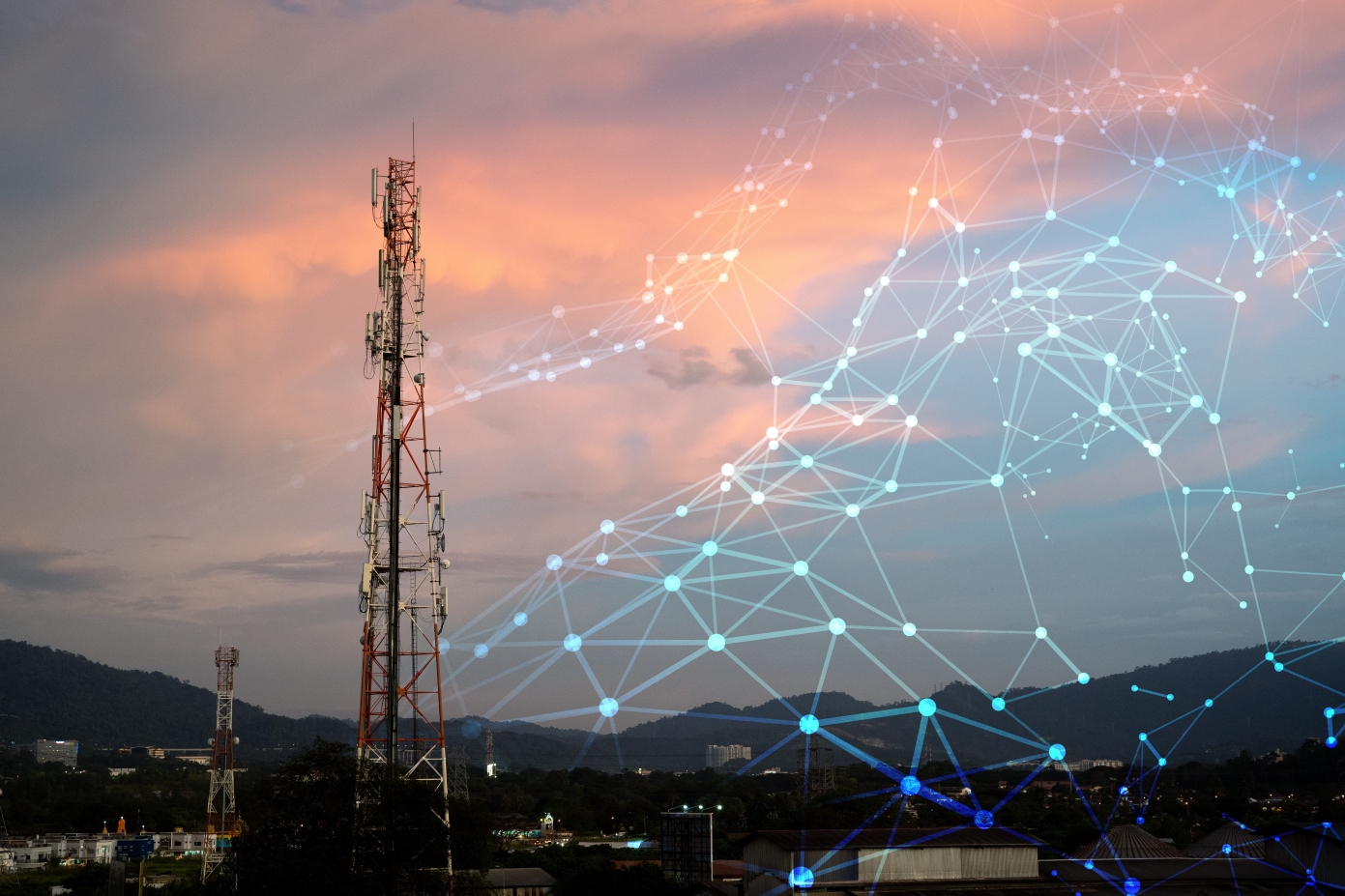
- Only eight per cent of Britain’s public sector frontline workers are equipped with 4G connectivity, revealed YouGov research for Vodafone UK
- Frontline workers including police officers, district nurses and social workers could further improve services to citizens, more cost-effectively, with the use of 4G mobile connectivity
- Lack of knowledge of the benefits of 4G (42 per cent) amongst public sector decision makers appears to be holding the public sector back from benefitting from 4G technology, and perceptions of cost given as one of the main reasons for not adopting 4G (30 per cent) by those who don’t have it
The UK public sector could be missing out on the opportunity to provide faster and more cost-effective community-based services to citizens due to slow 4G adoption amongst Britain’s vital frontline. Less than one in 10 public sector frontline workers are currently using 4G technology, research by YouGov and Vodafone UK amongst public sector decision makers has revealed. The slow uptake of 4G technology in the public sector appears to be attributable to a lack of knowledge of the benefits it can provide (42 per cent); alongside perception of overall costs involved, which was cited as one of the key obstacles to adoption (30 per cent) by those that don’t already have 4G.
Frontline workers, such as police officers, nurses and social workers, could all benefit from 4G’s greater speed and capacity to access critical information and update records electronically while out in the community. Fast mobile connectivity would improve critical decision making in the field, reduce time spent on administration and ultimately help to improve the service provided to citizens.
“As public sector organisations face continued budget cuts, delivering quality services to citizens is an increasing challenge,” said Mick Wayman, Head of Public Sector at Vodafone UK. “Armed with cost-effective mobile devices and 4G connectivity, frontline workers can access and update centralised records such as medical and criminal history while they are out in the field. This helps them to make better decisions in the moment, eliminates the need to go ‘back to base’ to complete paperwork and reduces time spent on administration. They can reinvest time and resource where they’re needed most, whether that’s visiting a patient in their own home, on the beat, or elsewhere in the community. In frontline services such as the police where every second counts, 4G really can make a big difference.”
Fast, reliable access to information on the frontline is vital. With 4G, large files, applications and critical information can be uploaded and downloaded in an instant: a feature that over half (54 per cent) of public sector respondents said is very or fairly important to their organisation.
Crucially, giving those on the frontline fast, high capacity connectivity and access to information would also support public sector decision makers’ top three priorities which were cited as: improve operational efficiency (62 per cent ranked as one of their top three priorities), improve customer experience (51 per cent) and reduce overall business costs (50 per cent). However, the research found there is still some way to go for the public sector to realise 4G’s potential to help meet their top priorities, as the benefits are not widely understood and cost is still seen as barrier to adoption.
Mick Wayman commented: “We are working with public sector organisations to tear down the barriers standing in the way of putting 4G connectivity in the hands of more of Britain’s frontline. We are helping organisations to understand how the technology can assist in driving efficiency, delivering better services to citizens and meeting their key priorities. It’s our job to make 4G as accessible as possible by offering cost-effective technology that is easy to implement. Our new ‘Data Starter’ tariff is designed specifically for the public sector and offers 4G connectivity from as little as £5 a month and includes a £60 credit towards a 4G handset. We want to ensure that those on the frontline are able to take advantage of the right technologies, such as 4G, that will help them to do their jobs in the most effective way possible, now and in the future.”
– ENDS –
NOTES TO EDITORS
Data Starter
Data Starter* is available for £5.00 a month over a 24 month term. Data Starter includes Mobile Worker voice and 250MB of 4G data each month together with a £60 equipment credit so public sector customers can get a 4G smartphone from just £25. Data Starter is available on the PSN Services Framework.
*Minimum term agreement and credit check apply. 4G: Coverage may vary – see Vodafone.co.uk/coverage
Vodafone’s network
Vodafone is currently spending around £1 billion on its network and services across the UK following a similar amount spent last year. This includes £200 million on its network in London, the introduction of its 4G service to more than 600 cities and towns, as well as thousands of smaller communities whilst also making network improvements across its UK 3G network. Meanwhile, the Vodafone Rural Open Sure Signal programme is bringing 3G coverage for the first time to 100 remote communities across the UK.
All figures, unless otherwise stated, are from YouGov Plc. Total sample size was 1401 senior decision makers including 465 respondents from the Public Sector. Fieldwork was undertaken between 19th -26th February 2015. The survey was carried out online.

![Falling Dripping Water Drop[Adobe Stock] Falling Dripping Water Drop[Adobe Stock]](https://www.vodafone.co.uk/newscentre/app/uploads/2024/04/Falling-Dripping-Water-DropAdobe-Stock.jpg)


![Dawlish Sunrise [Adobe Stock] resized stock photo of Dawlish in Devon](https://www.vodafone.co.uk/newscentre/app/uploads/2024/04/Dawlish-Sunrise-Adobe-Stock-resized.jpg)